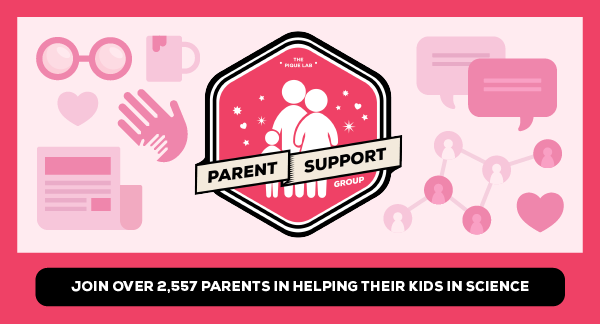Dear Parents,
Time always seem to be running out for us! As working adults, we often experience stress due to a ‘lack of time’ on a daily basis as we attempt to complete certain tasks or projects by its stipulated deadline. We are all too familiar with the unfavourable consequences brought upon by poor time management. Poor time management will cause us to rush through our work in a bid to complete it before the dateline given and this compromises the quality of it.
Read Also
So as parents, you may wonder whether your children are going through the same thing and whether they can manage their time effectively.
Are your children diligently planning their day but still face difficulties in meeting their respective deadlines?
We understand the importance of effective time management! It is indeed discouraging when you see your children trying their best in practising good time management but are not obtaining the desirable results they expect. This may be due to some common mistakes they are potentially committing but are unaware of. We are going to share with you the 3 common mistakes that your children can possibly commit!
‘Never say that you do not have enough time! We all are given the same amount of time within a day as Albert Einstein, Nikola Tesla, Issac Newton, etc…’
#1 Mistake: Taking on Too Many Tasks
A common mistake your children might make when planning their timetable is to overload their day with too many activities!
It is delightful to see that your child makes an effort to maximise the amount of work to complete each day. However, after some point, your children may be overloaded and may face difficulties in completing their respective tasks. This often results in a build-up of stress accompanied by a decrease in effectiveness within your children’s schedule!
As parents, you should guide your children and teach them the following to prevent overloading:
1. Learn To Say “NO!”
Sometimes, it can be difficult for your children to reject a request from their friend as it may seem impolite. Teach your children to priortise and set their own boundaries and limits! Your children should only agree to help when they are certain that they have the time and effort to spare.
2. Ask For Help!
This could be difficult for many of us as we often deem it as a sign of weakness. But at times, your children may not be able to cope with the tasks at hand. Hence, encourage them to reach out for help when necessary.
3. Plan Sufficient Breaks In Between!
When your children are arranging their timetable, encourage them to spare some time for breaks in between activities! This is important as it gives your children the opportunity to rest and recharge themselves! As a result, they are able to increase their productivity as they attempt to complete their next task.
#2 Mistake: Being Busy But Ineffective
Have you ever witnessed your child being occupied the whole day but are unable to accomplish his/ her respective work within the stipulated deadline?
It can be extremely frustrating as their day is deemed unproductive despite the effort they put in! This is due to your children prioritising work that are of less importance and placing aside tasks which require their immediate attention. They often keep themselves busy with low-priority activities which may not be useful and this distracts your children’s goal in accomplishing work which requires greater urgency!
The solution to such issues is simple!
Encourage your children to keep a timetable and note the activities they require to complete along with its respective deadlines and importance. By ranking such activities, your children can now recognise the urgency of each task and understand where their priorities should be placed.
#3 Mistake: Stop Multi-Tasking!
Beware! The act of multi-tasking is often counter-productive!
Many students view the act of multi-tasking to be an efficient mean of ‘killing two birds with one stone’. However, multi-tasking simply provides a false illusion and often results in your children spending more time in accomplishing each task! It often leads to an increase in stress, greater tendency to procrastinate and being less productive.
Multi-tasking also serves as a source of distraction for your children! When struggling to complete both tasks, your children will not be able to place their full focus in any of it. As a result, the quality of the work may be compromised as your children would have a higher tendency to veer off course and get distracted!
Encourage your children to complete one task at a time. This way, they are able to fully place their focus on the task at hand and finish it quickly and efficiently! It is better to be able to complete a single task than to attempt to multi-task both and end up not completing any.
In conclusion…
Having good time management is an important skill.
Like many other skills, practice makes perfect! It is indeed encouraging to see your children attempting to increase their productivity by practising good time management. However as parents, you should guide your children and allow them to be aware of the common mistakes many students are guilty of committing!
When your children attempt to complete certain activities, always provide them a conducive environment to do so! By having a workplace which is both tranquil and silent, it allows your children to stay focus as it removes all potential distractions around them! It gives your children the clarity of thought when working and as such, improving their productivity.
We do hope that our suggestions and advices are significant enough to improve your children’s productivity during the day!
Remember:
Individuals Are Successful As They Increase Their Productivity Throughout The Day By Being Efficient In Managing Their Time








